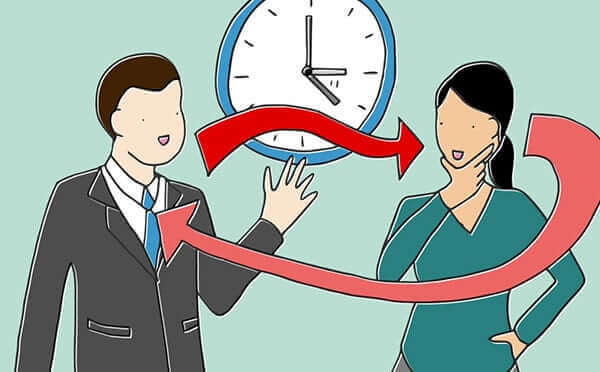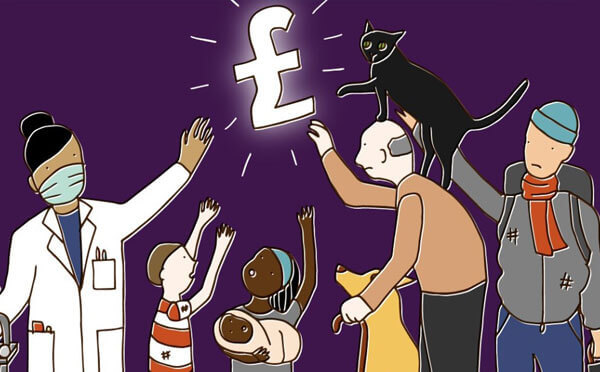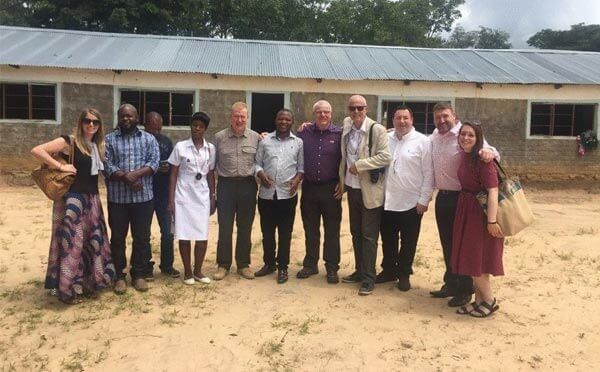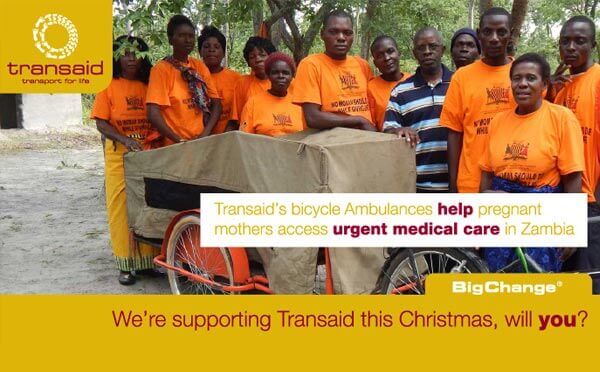There comes a time in every businessperson’s life when they start to think about giving back to the next generation of entrepreneurs.
You can spend years, even decades, striving to build a successful company, and get traction in your chosen market. During that time, you learn so much – you pick up skills you can’t hone any other way.
Once you learn what it takes to achieve your goals, you want to give others a helping hand. You know the blood, sweat and tears that go into launching a start-up, or generating growth, or making acquisitions. Perhaps you wish you’d known a little more of what you do now in your early days. You know you can lighten a fellow business owner’s load by giving them the benefit of your experience. Sometimes, mentoring is about sharing your smartest strategies. Sometimes it’s about telling them your worst mistakes so they can avoid repeating them.
I have started mentoring a young entrepreneur. She has recently taken over her father’s business. It’s an exciting challenge, and she is keen to get some guidance from an outsider. I am giving her an hour of my time every two weeks to discuss any challenges, share my insights and help connect her to my network.
When we were drawing up a rough plan for how our mentoring relationship would look, I started thinking about how many other people or new business owners could benefit from advice. Never more so than now, in fact – in the wake of the worst pandemic for 100 years.
We are in a period when many brilliant entrepreneurs have a little extra time on their hands. Maybe they have reclaimed the time they usually spend commuting by working from home. Perhaps business is slower than usual. Or maybe they have hit pause on some more complex projects.
This is the time to reach out to other business owners in your community and see how you can help. It’s so easy. Organisations like Connect Yorkshire exist to help connect business owners with seasoned entrepreneurs. Full disclosure: I am a paid up member of the organisation. But, truly, what a brilliant service. If you can afford £300 a year then I thoroughly recommend you join. You will be able to tap into business brains such as textile tycoon Sir Anthony Ullman, Boost Drinks founder Simon Gray, turnaround expert Richard Field OBE or the legendary IT entrepreneur Peter Wilkinson, who built and sold Freeserve back in the 90s.
Mentoring makes you a better entrepreneur. Every time I give advice, I have ideas for my own business. I’ve started making two columns in my notebook during mentoring sessions: one is about what I can help the other person achieve, and the other is for smart strategies I need to tweak or implement at BigChange. If you really want to learn, try to teach someone else what you know. It’s a really illuminating process.
I am keen to do more mentoring this year, and I’m also passionate about encouraging other entrepreneurs to dedicate some of their free time to helping the next generation. If this is you, and you are looking for some tips on how it works (how much time to give, when to schedule meetings and what is expected of you), then drop me a line. I’ll be happy to share the structure that’s worked for me.
email. [email protected]




